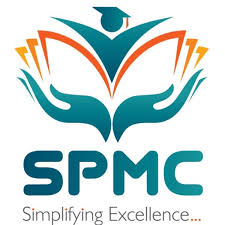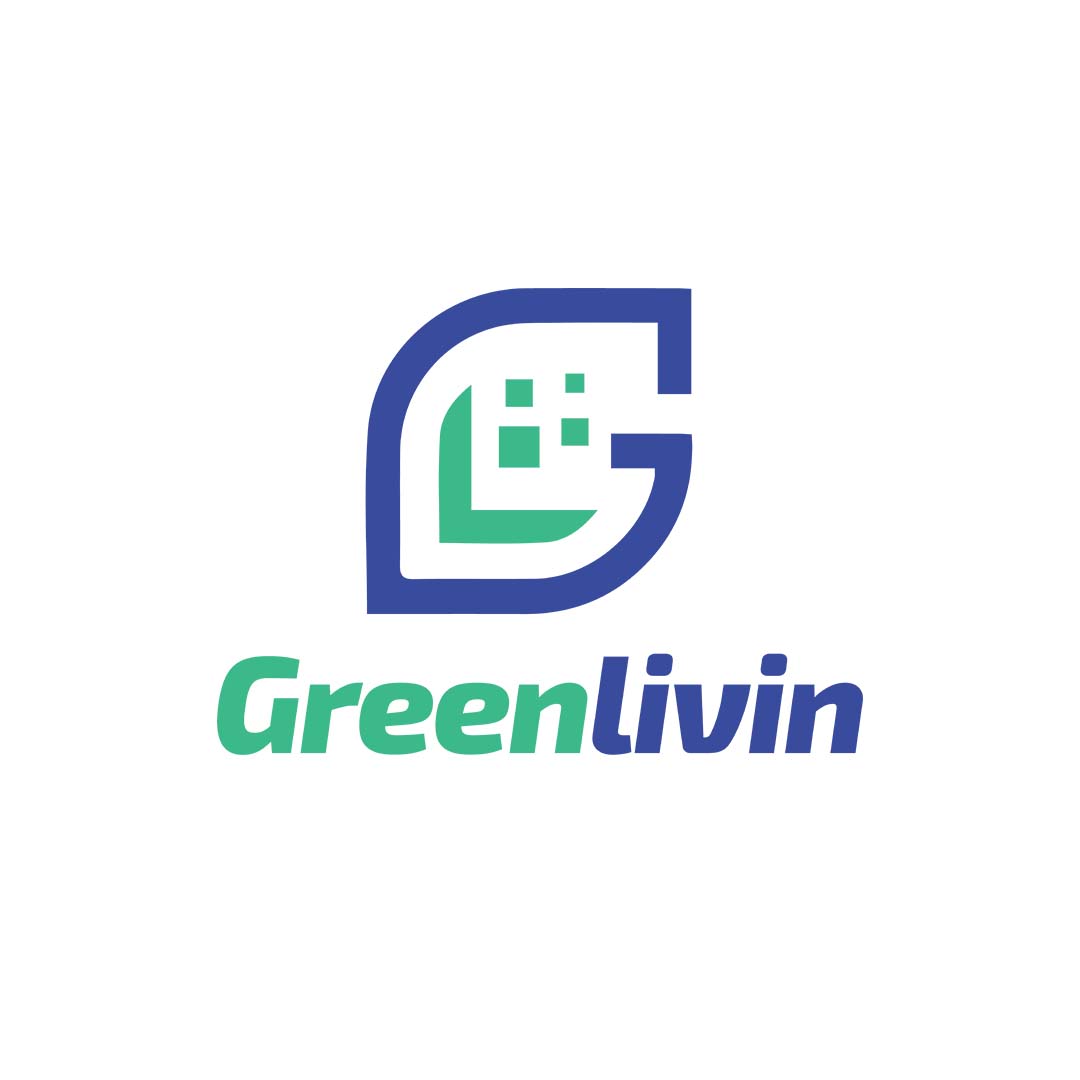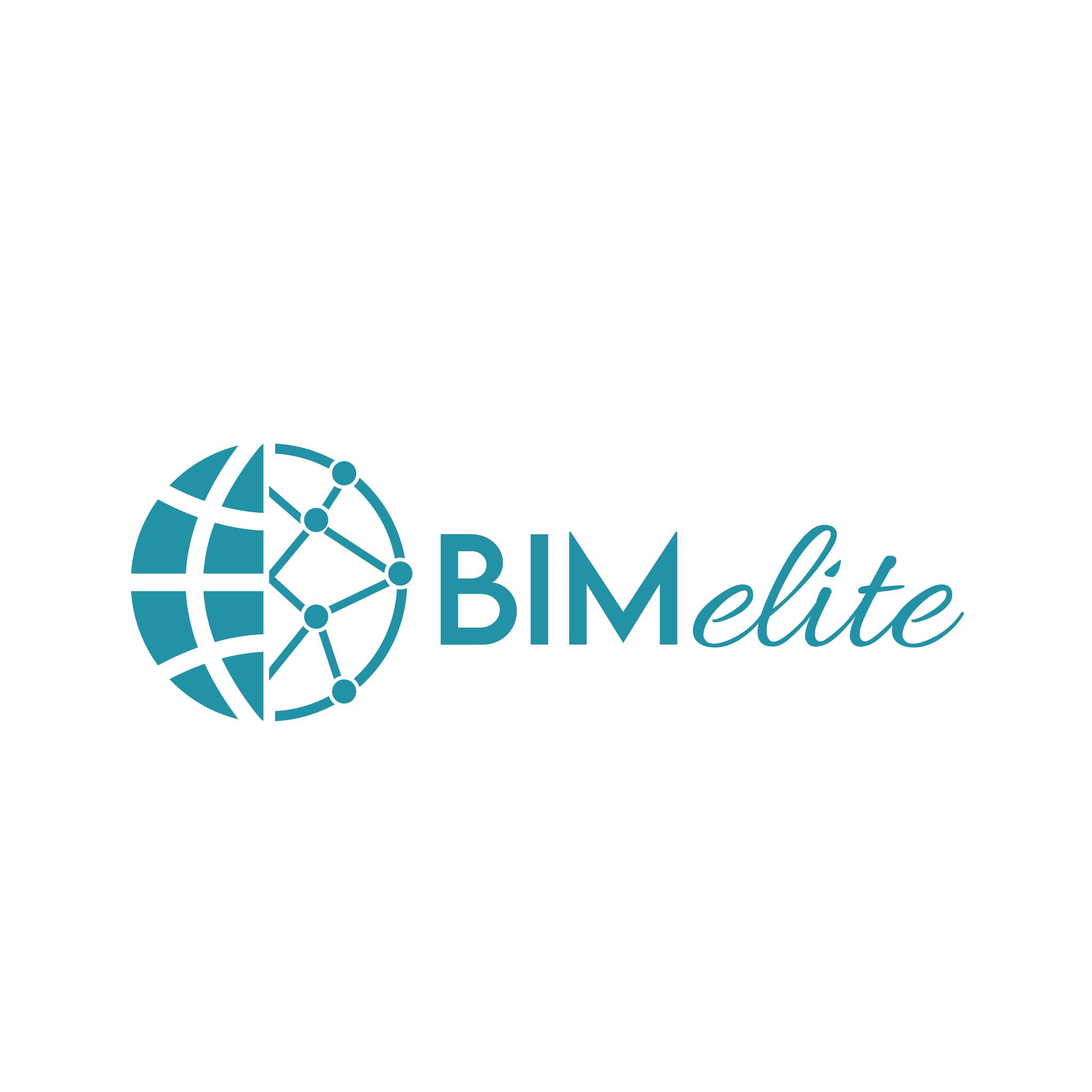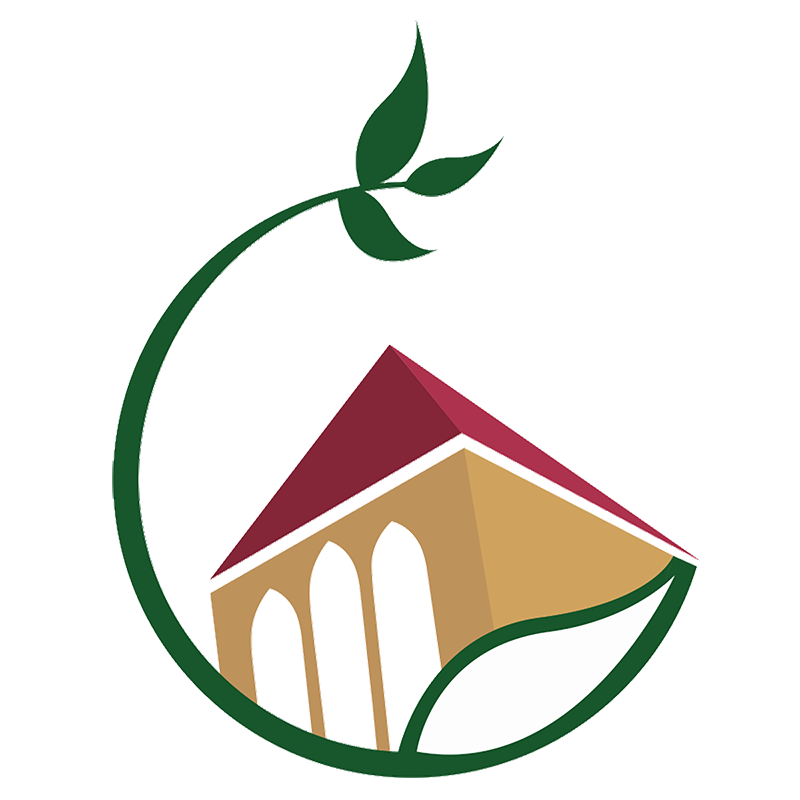The LEED Green Associate (LEED GA) certification demonstrates a professional's understanding of green building principles and sustainability practices.

LEED, or Leadership in Energy and Environmental Design, is the most widely used green building rating system in the world. The LEED Green Associate credential designates individuals who have a documented, up-to-date understanding of the most current green building principles and practices.
The LEED Green Associate is a foundational credential and for many it is the first step before earning advanced credentials such as the LEED AP with specialty. The LEED Green Associate exam preparation course will give you knowledge of green building practices for both commercial and residential spaces and both new construction and existing buildings as well as how to support other professionals working on LEED projects
Target Audience
Product Manufacturers, Engineering Students, Real Estate Professionals & Contractors, and all those who are directly or indirectly involved in Green Building projects
Eligibility
There is no pre-requisite.
Course Content
LEED Process
Organization fundamentals (e.g., mission/vision; non-profit; role of USGBC/GBCI)
Structure of LEED rating systems (e.g., credit categories; prerequisites; credits and/ or Minimum Program
Requirements for LEED certification)
Scope of each LEED rating system (e.g., rating system selection; rating system families [BD+C, ID+C, O+M,ND, Homes])
LEED development process (e.g., consensus-based; stakeholder and volunteer involvement; rating system updates/evolution)
Credit categories (e.g., goals and objectives of each [LT, SS, WE, EA, MR, EQ, IN, RP]; synergies)
Impact categories (e.g., what should a LEED project accomplish?)
LEED certification process (e.g., certification levels [Certified, Silver, Gold, Platinum]; LEED Scorecard; third party verification; role of documentation submission; LEED Interpretations; Addenda; awareness of different system versions [e.g., LEED Online]; components of LEED Online and Project Registration)
Other rating systems (e.g., in general, what other rating systems are out there?)
Integrative Strategies
Integrative process (e.g., early analysis of the interrelationships among systems; systems thinking; charrettes)
Integrative project team members (e.g., architect; engineer; landscape architect; civil engineer; contractor; facility manager, etc.)
Standards that support LEED (e.g., breadth not depth of American Society of Heating, Refrigeration and Air-conditioning Engineers [ASHRAE]; Sheet Metal and Air Conditioning Contractors National Association [SMACNA] guidelines; Green Seal; ENERGY STAR®; HERs; Reference Standards listed in ACPs, etc.)
Location & Transportation
Site selection (e.g., targeting sites in previously developed and brownfields/high- priority designation area;
avoiding sensitive habitat; located in areas with existing infrastructure and nearby uses; reduction in parking footprint)
Alternative transportation (e.g., type, access and quality; infrastructure and design)
Sustainable Sites
Site assessment (e.g., environmental assessment; human impact)
Site design and development (e.g., construction activity pollution prevention; habitat conservation and
restoration; exterior open space; rainwater management; exterior lighting; heat island reduction)
Water Efficiency
Outdoor water use (e.g., use of graywater/rainwater in irrigation; use of native and adaptive species)
Indoor water use (e.g., concepts of low flow/waterless fixtures; water-efficient appliances; types and quality)
Water performance management (e.g., measurement and monitoring)
Energy & Atmosphere
Building loads (e.g., building components; space usage [private office, individual space, shared multioccupant spaces])
Energy efficiency (e.g., basic concepts of design; operational energy efficiency; commissioning; energy auditing)
Alternative and renewable energy practices (e.g., demand response; renewable energy; green power; carbon offsets)
Energy performance management (e.g., energy use measurement and monitoring; building automation controls/advanced energy metering; operations and management; benchmarking; ENERGY STAR)
Environmental concerns (e.g., sources and energy resources; greenhouse gases; global warming potential; resource depletion; ozone depletion)
Materials & Resources
Reuse (e.g., building reuse; material reuse; interior reuse; furniture reuse)
Life-cycle impacts (e.g., concept of life-cycle assessment; material attributes; human and ecological health impacts; design for flexibility)
Waste (e.g., construction and demolition; maintenance and renovation; operations and ongoing; waste management plan)
Purchasing and declarations (e.g., purchasing policies and plans; environmental preferable purchasing (EPP); building product disclosure and optimization [i.e., raw materials sourcing, material ingredients, environmental product disclosure])
Indoor Environmental Quality
Indoor air quality (e.g., ventilation levels; tobacco smoke control; management of and improvements to indoor air quality; low-emitting materials; green cleaning)
Lighting (e.g., electric lighting quality; daylight)
Sound (e.g., acoustics)
Occupant comfort, health, and satisfaction (e.g., controllability of systems; thermal comfort design; quality of views; assessment/survey)
Project Surroundings & Public Outreach
Environmental impacts of the built environment (e.g., energy and resource use in conventional buildings; necessity of green buildings; environmental externalities; triple bottom line)
Codes (e.g., relationship between LEED and codes [building, plumbing, electrical, mechanical, fire protection]; green building codes)
Values of sustainable design (e.g., energy savings over time; healthier occupants; money-saving incentives; costs [hard costs, soft costs]; life cycle)
Regional design (e.g., regional green design and construction measures as appropriate; regional emphasis should be placed in Sustainable Sites and Materials & Resources)
Established in 2018, SPMC Management Consultancy LLC is a beacon of excellence in the learning community. We understand the ever-increasing competitiveness of the job market and the paramount importance of continual upskilling. Motivated by this, we offer an innovative and diverse range of training courses and consulting services designed to propel individuals and businesses to the forefront of their industries.
Why Choose SPMC?
Our Mission: To provide an outstanding learning experience that equips individuals with essential skills, enriches their well-being, and fosters professional growth. We are dedicated to staying at the cutting edge of industry standards through continuous innovation.
We Ensure:
Our Offerings:
Join us at SPMC Management Consultancy LLC and embark on a journey of personal and professional transformation. Empower yourself with the skills and knowledge to thrive in today's competitive landscape.
(Institute Review)
55 years ago(Institute Review)
55 years ago
A LEED Green Associate credential is your gateway to sustainable Course and sustainable living.

The LEED green associate is a foundational green building credential recognizing individuals with a demonstrated knowledge of fundamental green building practices and a commitment to the sustainability movement

For the green building professional working on or seeking to work on design and construction of green building, the LEED AP BD+C is the ultimate credential. This course will pave your way to green professionalism and empower you to pass th

LEED Green Associate (LEED GA) Exam Prep course online. This course will empower you with all the tools necessary to ace the LEED Green Associate examination and to start confidently as a Green Building professional.

Prepare for the LEED Green Associate exam with Agile Academy led by trainers having 10+ years of training and coaching experience.
© 2025 www.coursetakers.ae All Rights Reserved. Terms and Conditions of use | Privacy Policy